Man Фото



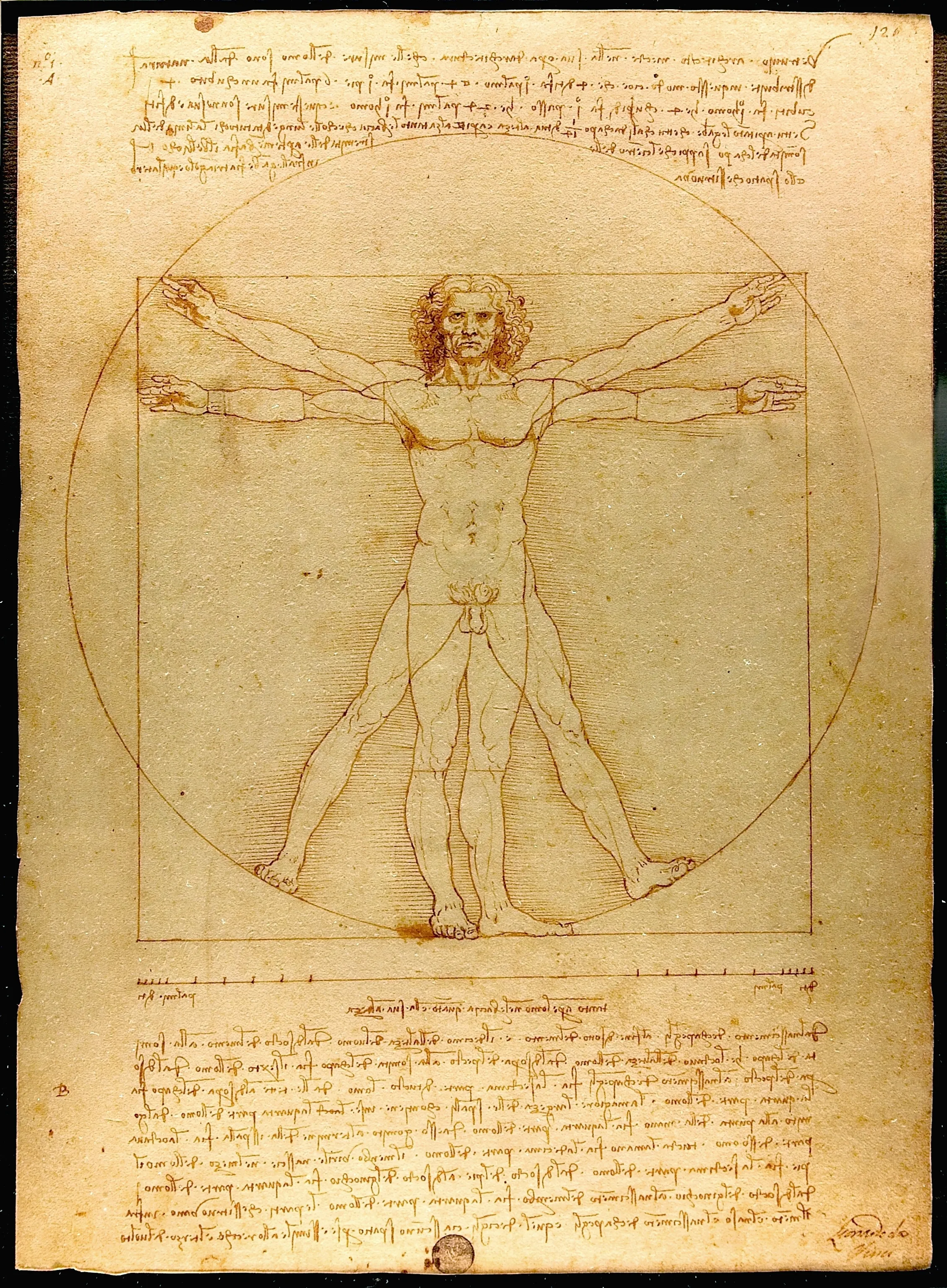
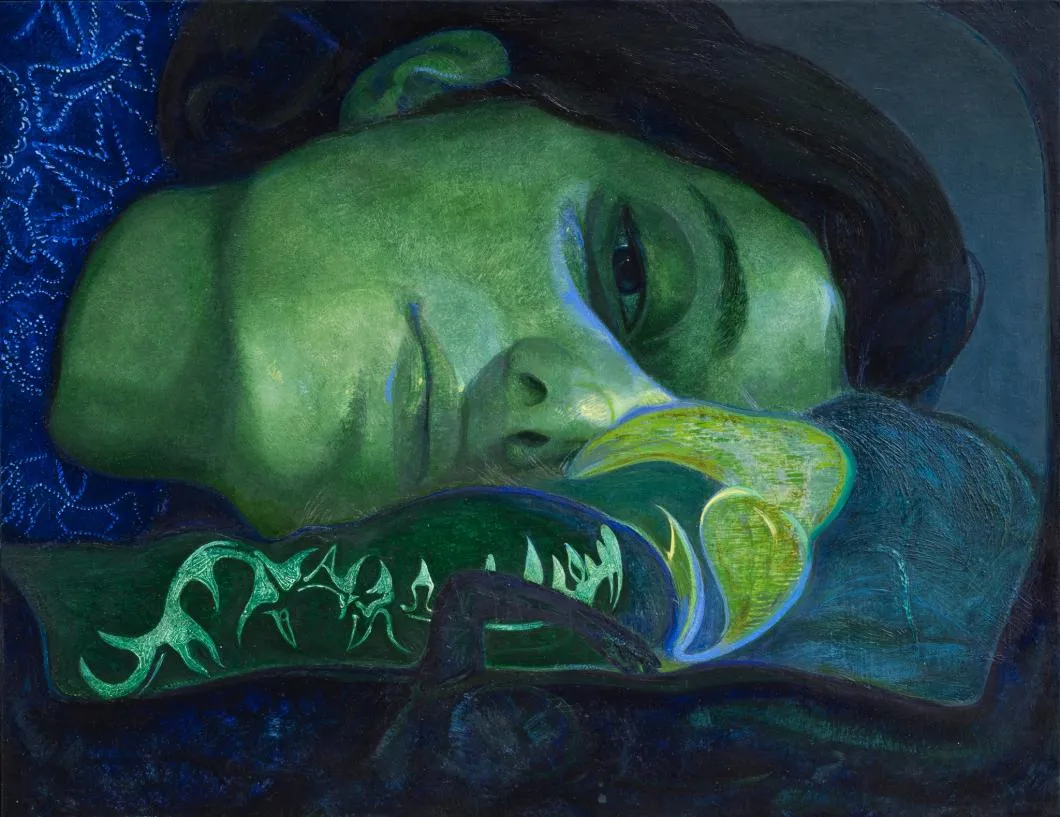




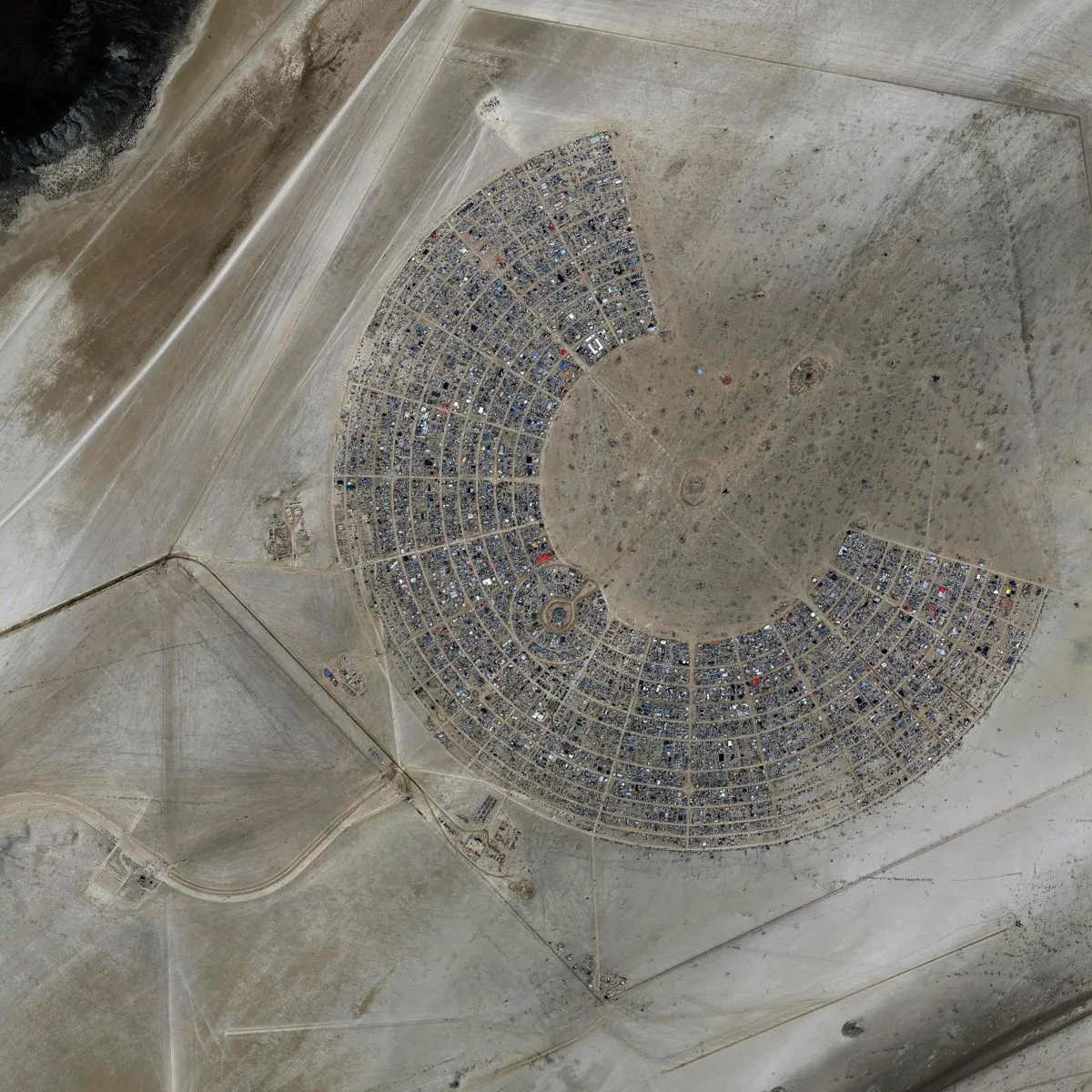


















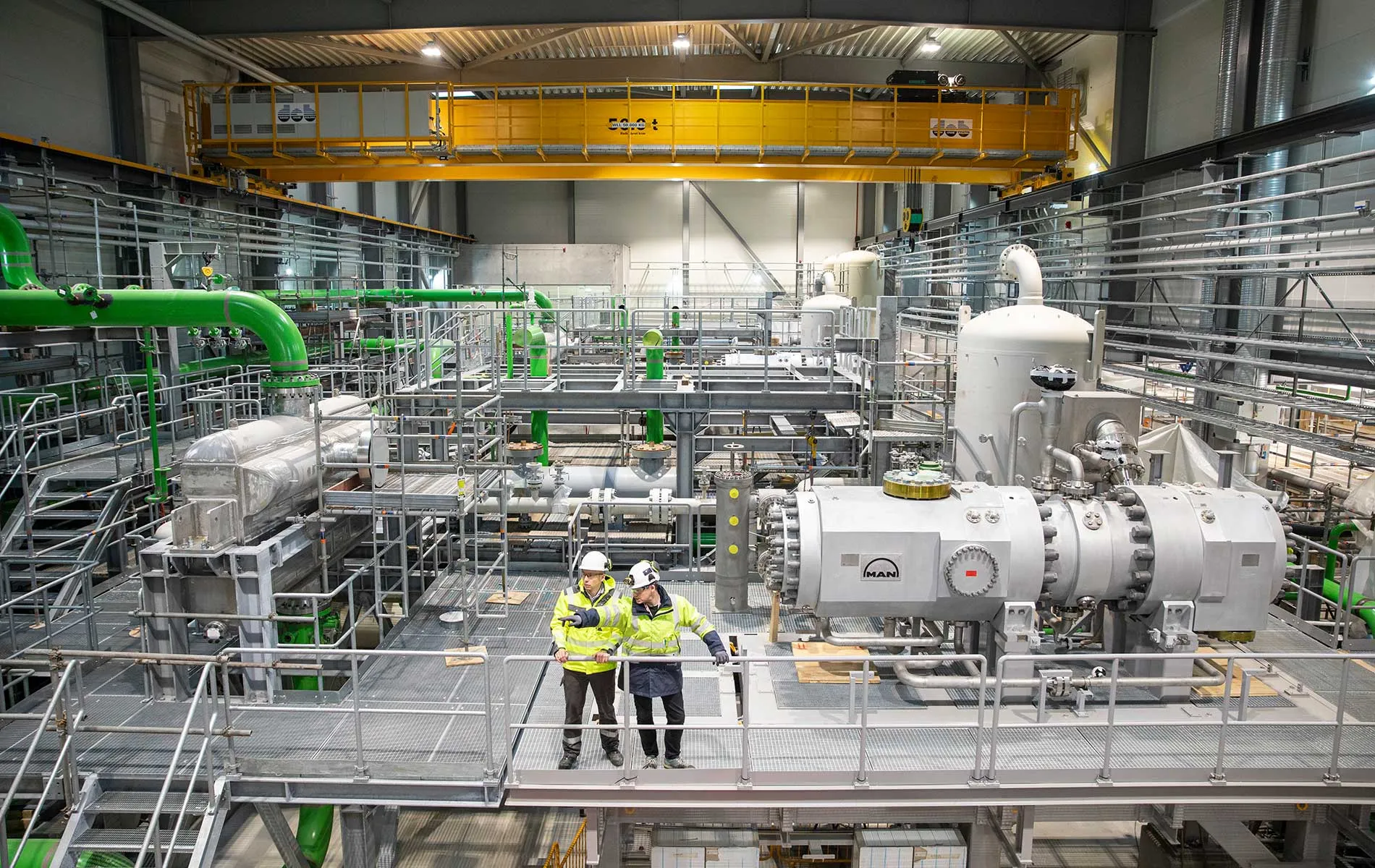

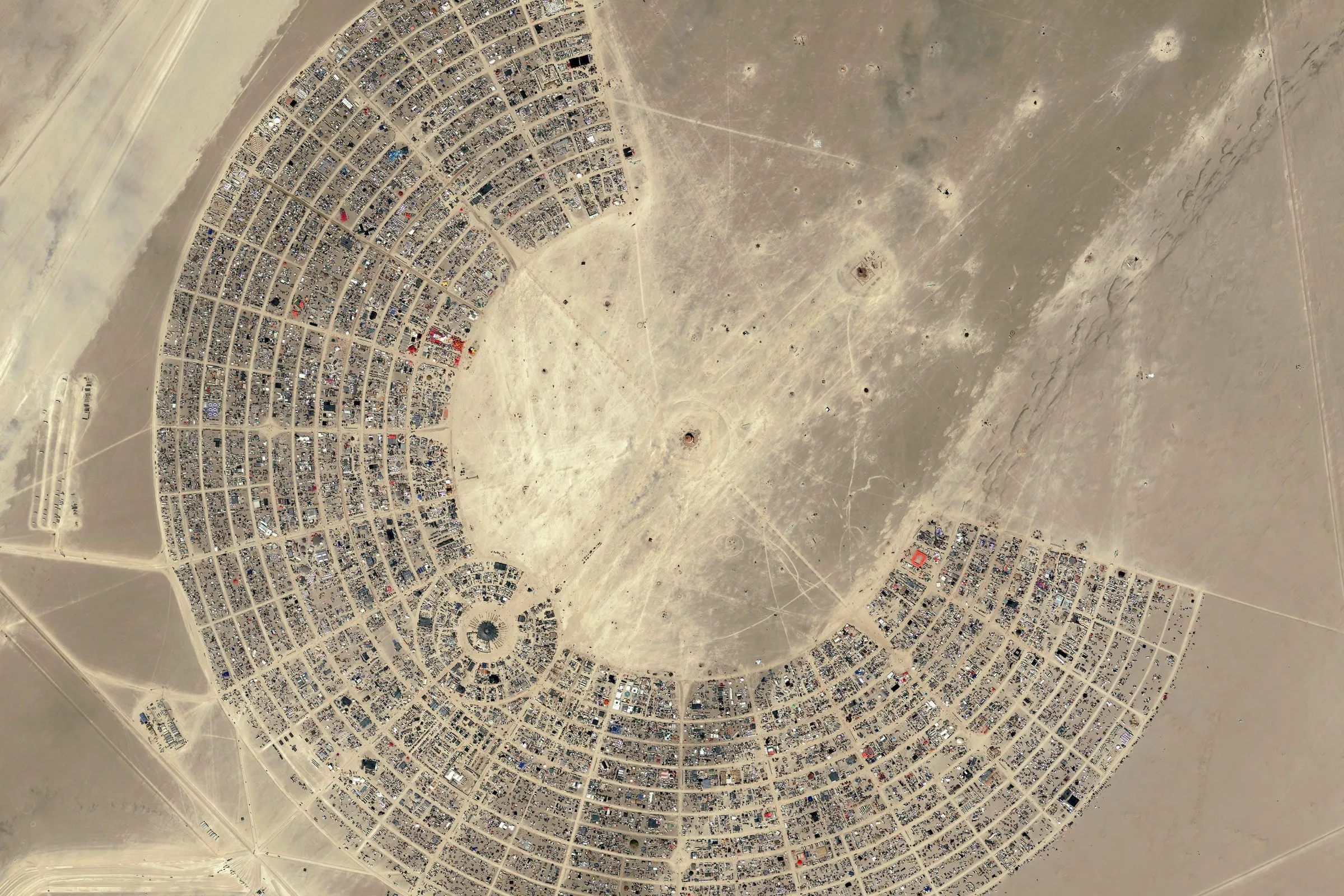

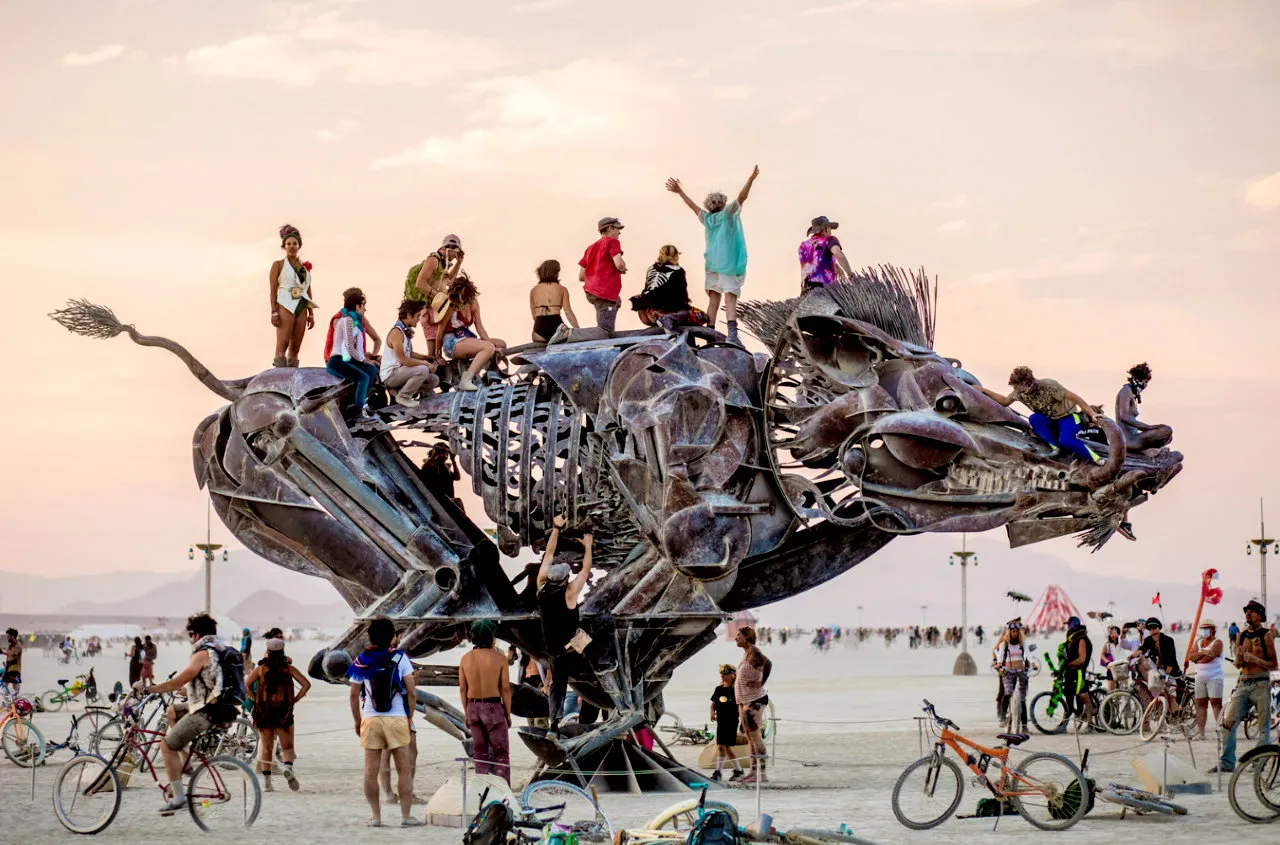














Man
Introduction
The concept of man has been a subject of great interest and study throughout history. From ancient times to the modern era, humans have sought to understand what it means to be a man and how men differ from women. In this article, we will explore the various aspects of manhood, including biological, psychological, and sociological perspectives.
Biological Aspects
Biologically, men are distinguished from women by their reproductive organs and hormones. The primary sex organ in men is the testes, which produce sperm and testosterone, the main male sex hormone. Testosterone is responsible for the development of male secondary sexual characteristics, such as facial hair, deep voice, and muscle mass. In terms of physical strength, men generally have greater muscle mass and bone density than women, which can give them an advantage in activities that require physical power. However, it is important to note that there is significant variation among individuals, and not all men possess the same level of strength.
Psychological Aspects
Psychologically, men and women often exhibit differences in behavior and cognitive abilities. Research has shown that men tend to have a greater aptitude for spatial reasoning and mathematical skills, while women excel in verbal abilities and emotional intelligence. These differences are believed to be influenced by a combination of genetic, hormonal, and environmental factors. In terms of personality traits, men are often associated with characteristics such as assertiveness, competitiveness, and independence. However, it is important to recognize that these traits can vary greatly among individuals and are not exclusive to men. There are many men who possess nurturing qualities, empathy, and a strong sense of emotional intelligence.
Sociological Aspects
From a sociological perspective, manhood is a social construct that varies across cultures and societies. Each culture has its own expectations and norms regarding the roles and behaviors of men. In some cultures, men are expected to be the primary breadwinners and protectors of their families, while in others, men are valued for their contributions to the community or their artistic and intellectual pursuits. Traditional gender roles often prescribe certain behaviors and expectations for men, such as being strong, stoic, and self-reliant. However, these roles are evolving, and many societies are challenging traditional notions of masculinity. There is a growing recognition that men can be nurturing parents, express their emotions, and engage in non-traditional careers without compromising their manhood.
Challenges and Issues
Despite progress in challenging traditional gender roles, men still face unique challenges and issues. One such challenge is the pressure to conform to societal expectations of masculinity. Men may feel compelled to hide their emotions, suppress vulnerability, and adhere to rigid gender norms, which can have negative effects on their mental health and overall well-being. Men also face higher rates of certain health issues, such as heart disease and suicide. Societal expectations of stoicism and self-reliance may discourage men from seeking help or expressing their emotions, leading to higher rates of untreated mental health conditions.
Conclusion
The concept of manhood is complex and multifaceted, encompassing biological, psychological, and sociological aspects. While men and women may differ in certain physical and cognitive attributes, it is important to recognize that these differences are not absolute and that individuals can possess a range of traits and abilities. Societal expectations of masculinity are evolving, and there is a growing recognition that men can embrace a more inclusive and diverse expression of manhood. It is crucial to create a society that allows men to express their emotions, seek help when needed, and challenge traditional gender norms without facing stigma or discrimination. In conclusion, manhood is a fluid and evolving concept that encompasses a range of biological, psychological, and sociological factors. By promoting a more inclusive and accepting understanding of manhood, we can create a society that values and supports the well-being of all individuals, regardless of gender.
